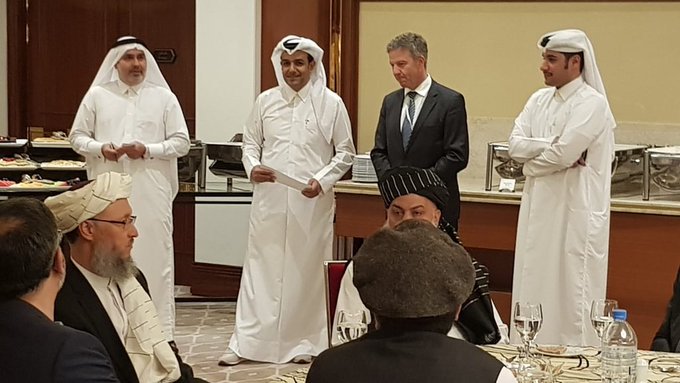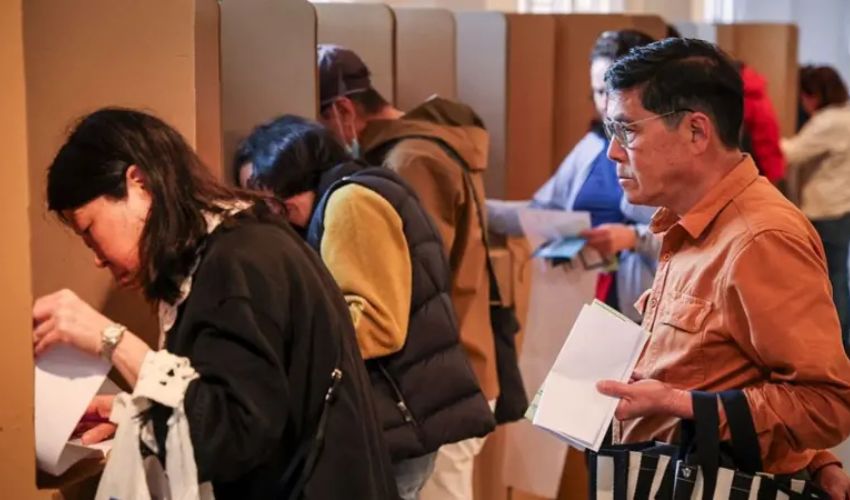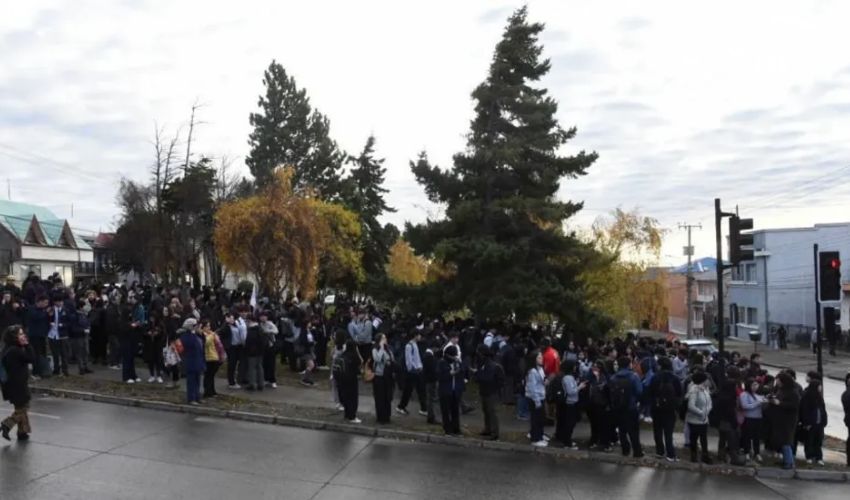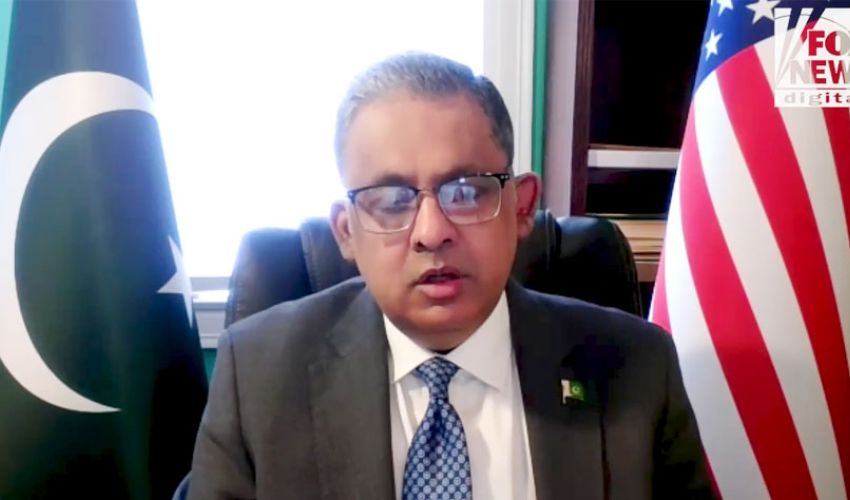In less than a year the second UN gathering with national and regional envoys to Afghanistan are set to meet in Doha on Sunday (today), however, there is still uncertainty about whether Taliban leaders would attend it or not.
UN Secretary General Antonio Guterres spokeswoman said that the two-day conference, which is being hosted by the secretary general will include stepping up collaboration with Taliban-led Afghanistan with a better-coordinated reaction to the country in Central Asia.
Taliban administration's participation in the convention is still unknown on the eve of the gathering in gas-rich Qatar, which provided a home to the Taliban during years of peace negotiations with the US.
After the Taliban leadership refused to attend the first conference in May, the UN has now invited them again to the Doha convention.
The Taliban regime in Kabul stated that it will only do so if they are the only representatives of Afghanistan at the conference, excluding representatives from civil society, a senior diplomatic source told AFP.
Secondly, the UN secretary-general should meet with the team from the Taliban administration and provide a chance to express its viewpoint, the source stated, under the condition of secrecy due to the delicate nature of the conversations.
Earlier on Saturday Taliban representatives said that they had brought up their demands with the UN once more, stressing that their engagement in the discussions that the UN had arranged would be "unbeneficial" if those demands were not accomplished.
Must Read: Taliban violates Doha pact, challenges prevailing peace prospects
Earlier it was stated in December that the Taliban had failed to honor key commitments, plunging Afghanistan into a renewed wave of violence and social restrictions, outlined in the historic Doha Agreement signed in February 2020,
The bilateral accord, brokered between the United States and the Taliban, was anticipated to pave the way for lasting peace in the war-torn nation. Contrary to the agreed-upon timeline for the withdrawal of American troops, the Taliban not only resumed attacks on Afghan security forces and civilians but also failed to establish an official ceasefire.
The Council on Foreign Relations reveals a troubling surge in violence, with a sharp increase in Taliban-led attacks during 2020 and 2021. A concerning trend had emerged as the Taliban, now in control of Kabul after two decades of conflict, disregards fundamental clauses of the agreement.


























